Section: Media
There are more than 60 results, only the first 60 are displayed here.
Become a subscriber for more search results.
-

MEDIA
Across a range of divisive issues from gender to race to public health, newsrooms are increasingly blurring the line between reporting and advocacy. As language is reshaped to reflect activist priorities, and opposing views are treated as moral threats, journalism risks losing its most essential commitment: telling the truth plainly.
READ MORE 
-
.jpg)
MEDIA
- Michele Frankeni
- 15 October 2024
Two years ago to the month, I wrote in this column of my despair and disgust of the impunity with which society leaders and politicians didn’t just shade the truth, but buried it six-feet deep and then gleefully stomped on it. In the past week, a couple of things reminded me of that piece and about the role truth plays in our public discourse. It reminded me how fragile our grasp on reality has become, and why that matters.
READ MORE 
-

MEDIA
- David Halliday
- 23 September 2024
Social media regulation has been a long time coming. For the last eighteen years we’ve been running a social experiment where we watch what happens when we allow children to grow up with unfettered access to this technology.
READ MORE 
-
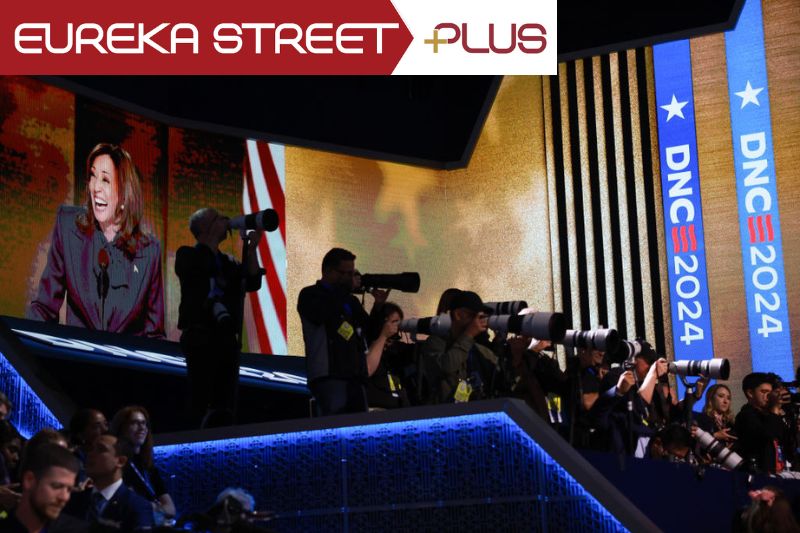
MEDIA
- Michele Frankeni
- 05 September 2024
With all attention focused on the newsworthy candidate, it seems in this 2024 presidential election, the media is playing the same game as it did in 2016. It's about novelty rather than interrogating relevant issues in any depth.
READ MORE 
-
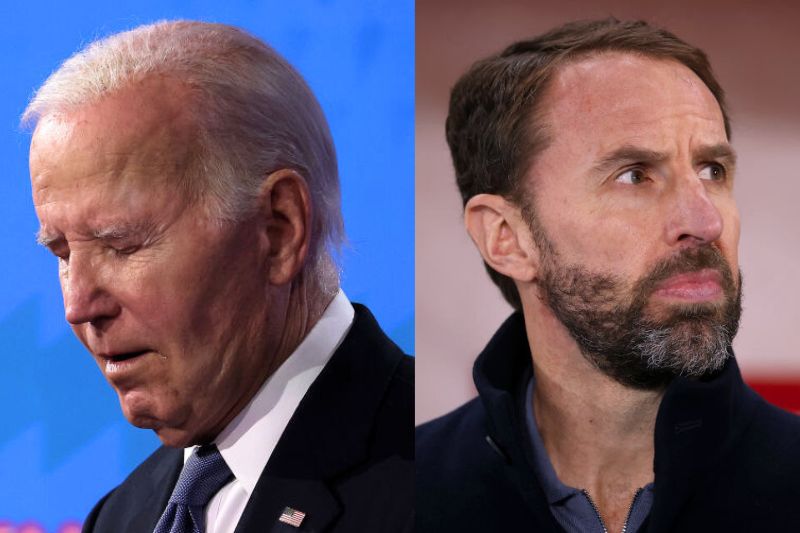
MEDIA
- Andrew Hamilton
- 25 July 2024
1 Comment
Recent media pressure led to two high profile resignations. Joe Biden, after resisting pressure to do so, has abandoned his re-election bid and English professional football manager Gareth Southgate resigned. The part played by the media merits reflection on the human vulnerability of persons in public life and of those involved in reporting on it.
READ MORE
-
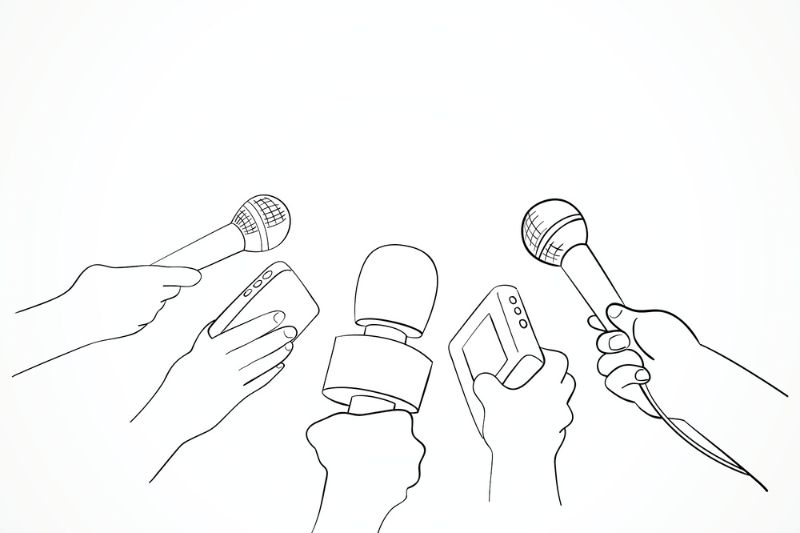
MEDIA
- Andrew Hamilton
- 14 March 2024
3 Comments
Journalists have an important place in society, and that place changes as society changes. In recent weeks, two separate legal investigations suggest that journalists understand their role to be actors in the story and not simply reporters of it.
READ MORE
-

MEDIA
- Gillian Bouras
- 18 January 2024
6 Comments
Once upon a time it was fairly easy to distinguish fact from fiction, but now journalists in particular regularly merge the two. We are now forced to cope with notions such as alternative facts and the post-truth era. I, for one, cope badly with both, with this twisting of what I would like to be an essential and straightforward matter.
READ MORE
-
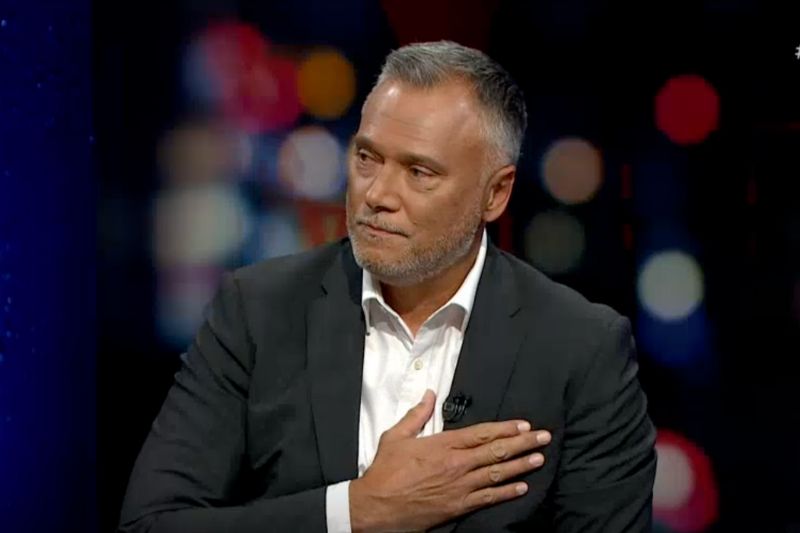
MEDIA
- Andrew Hamilton
- 11 January 2024
The departure of Stan Grant from his role at the ABC following racial abuse triggers collective dismay and brings to light the deeply rooted issue of racism in Australia. His exit from public life is a sobering reminder of the societal toll of bigotry, and underscores the urgent need to safeguard our public intellectuals.
READ MORE
-
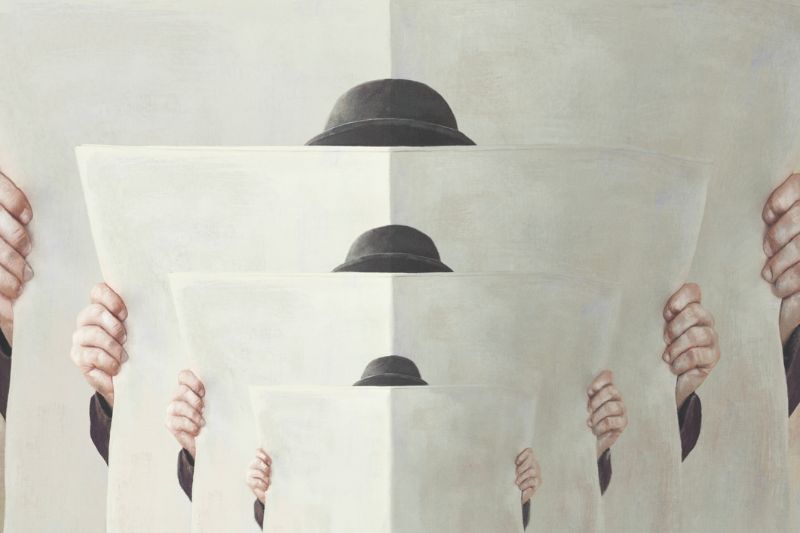
MEDIA
- Jeremy Clarke
- 14 December 2023
1 Comment
Can a journalist responsibly undertake impartial reporting while receiving benefits? For an industry founded on the principle of publishing with neither fear nor favour, the acceptance of favours has possibly outweighed journalistic responsibility towards an Australian public seeking objective knowledge.
READ MORE
-

MEDIA
- Andrew Hamilton
- 15 August 2023
In an age where social media revels in candid snapshots of daily life, where is the line between what is private, personal, and public? As media columns increasingly hinge on intimate, unabashed tales, some view this as a poignant evolution, while others see a reckless blurring of boundaries. This exploration challenges our understanding of self-disclosure in a world ever-urging us to share.
READ MORE 
-

MEDIA
- Andrew Hamilton
- 31 May 2023
19 Comments
The departure of Stan Grant from his role at the ABC following racial abuse triggers collective dismay and brings to light the deeply rooted issue of racism in Australia. His exit from public life is a sobering reminder of the societal toll of bigotry, and underscores the urgent need to safeguard our public intellectuals.
READ MORE
-

MEDIA
- Andrew Hamilton
- 20 April 2023
Defending the rights of individuals and apportioning blame for failure to respect them are an important part of the human story, but they are not the whole story. Is there a path to a more just and compassionate society that goes beyond blame and focuses on solidarity?
READ MORE